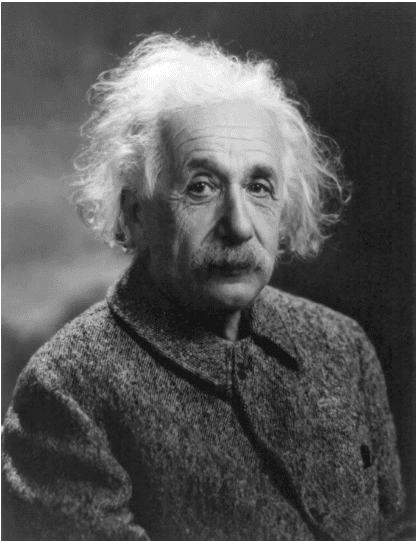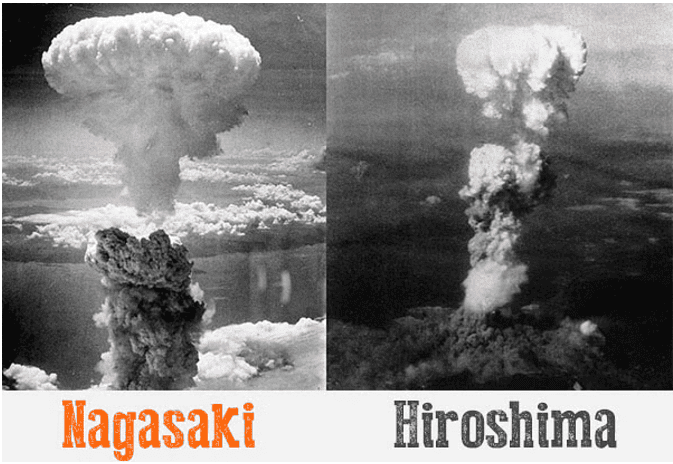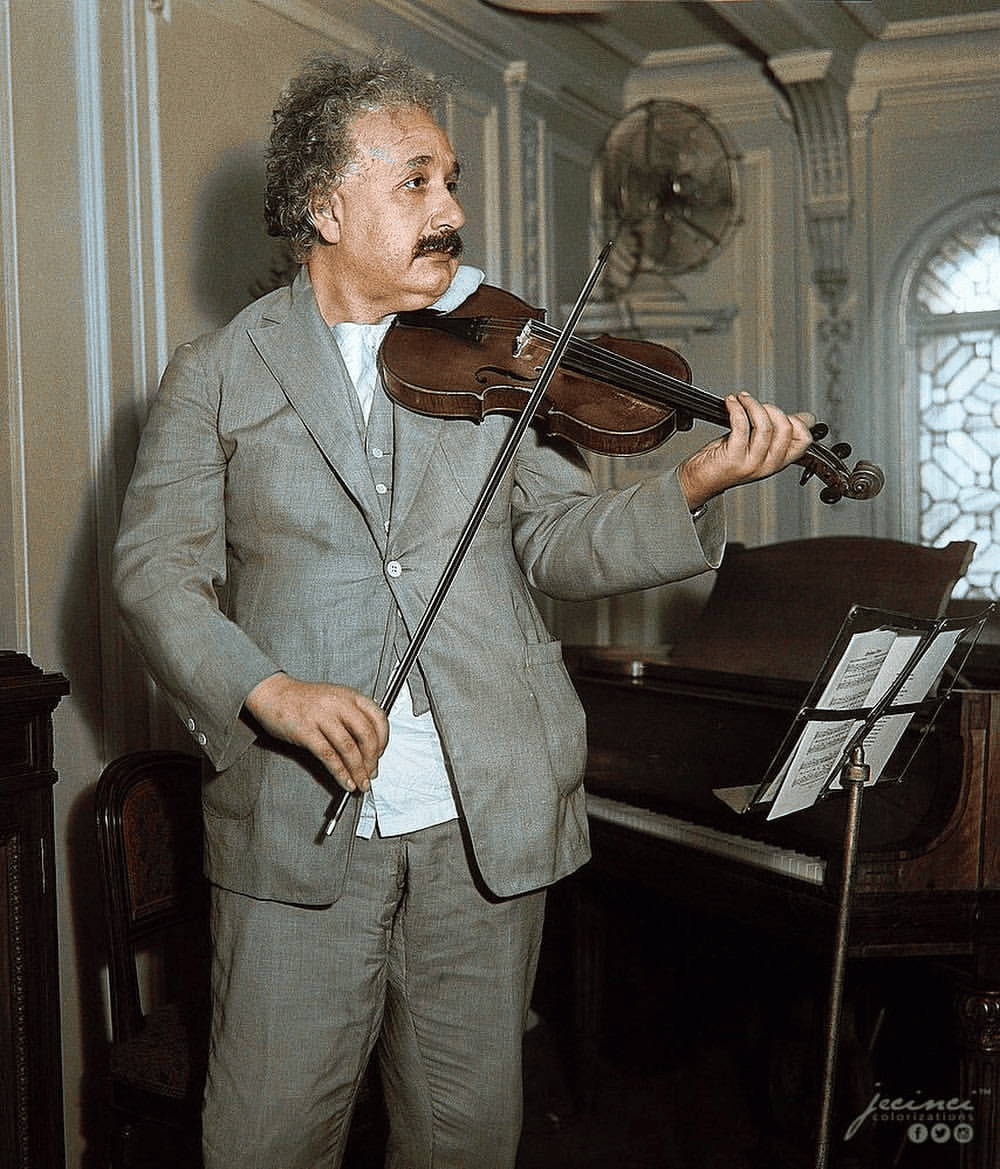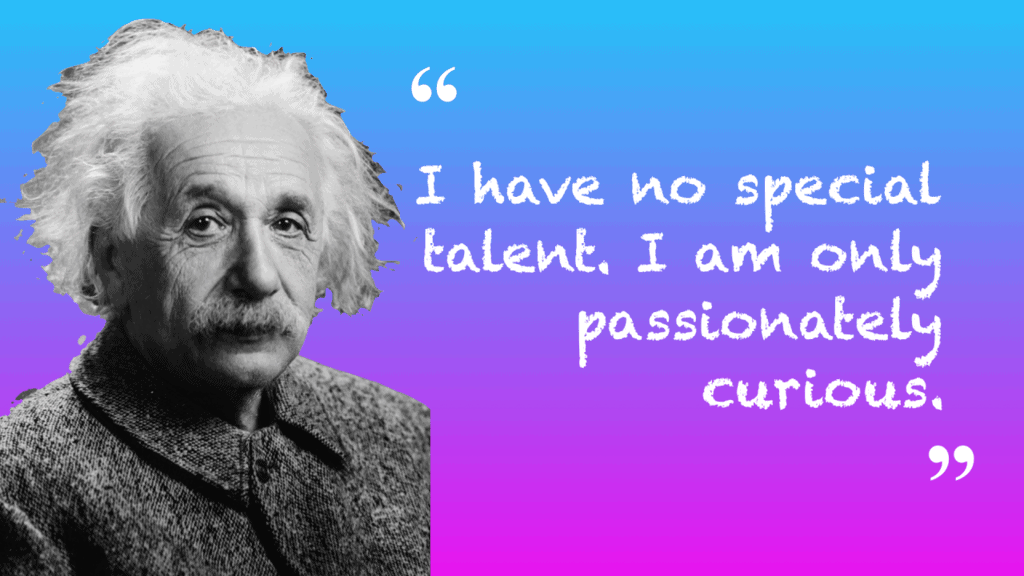Class 9 English Chapter 4 Important Question Answers - A Truly Beautiful Mind
Short Answer Type Questions
Q1. Why was Einstein referred to as a world citizen?
Ans: People called Einstein a world citizen because he was actively involved in campaigning for peace, democracy, and opposing war, especially after the bombing of Hiroshima and Nagasaki.
Q2. Why did Albert Einstein leave his school?
Ans: Einstein left school because he was unhappy with its rigid and strict system. He felt suffocated by its regimentation and struggled to adjust, which ultimately led him to drop out.
Q3. Why did Einstein write a letter to Franklin Roosevelt?
Ans: Einstein wrote a letter to President Roosevelt due to his concerns that the Nazis in Germany might create an atomic bomb after the discovery of nuclear fission. He urged Roosevelt to take action, which ultimately contributed to the U.S. development of the atomic bomb.
Q4. What is Einstein’s Special Theory of Relativity?
Ans: Einstein’s Special Theory of Relativity states that time and distance are relative and not absolute. This theory led to the famous equation E = mc², which describes the relationship between mass and energy. Einstein Q5. Why was Einstein nicknamed "Brother Boring" by his playmates?
Einstein Q5. Why was Einstein nicknamed "Brother Boring" by his playmates?
Ans: Einstein was nicknamed “Brother Boring” by his playmates because he often did not participate in games like the other children and had a tendency to repeat words, which made him stand out. His large head and unusual behavior made him seem different from others.
Q6. How did Einstein’s personal life become complicated after his studies?
Ans: Einstein wished to marry Mileva, but his mother disapproved. His mother believed Mileva was too old and too intellectual for him. This disapproval caused significant tension in his life.
Q7. Why did Einstein call his desk drawer at the patent office the "bureau of theoretical physics"?
Ans: Einstein humorously referred to his desk drawer at the patent office as the "bureau of theoretical physics" because, while he was assessing inventions as part of his job, he was secretly developing his own groundbreaking ideas in physics.
Q8. How did Einstein react to the bombings of Hiroshima and Nagasaki?
Ans: Einstein was deeply shocked by the devastation caused by the bombings. He wrote to the United Nations, advocating for the establishment of a world government to prevent further destruction.
Q9. Why did Einstein show no signs of genius during his childhood?
Ans: As a child, Einstein had a large head, began speaking late, repeated his words and was socially withdrawn, which did not indicate his future genius.
Q10. What kind of toys fascinated Einstein as a child?
Ans: Einstein was particularly fascinated by mechanical toys as a child. These toys captured his interest in scientific principles and concepts. He often preferred playing with them rather than engaging in activities with other children.
Q11. Why did Einstein look for wheels on his newborn sister's body?
Ans: Einstein, fascinated by mechanical toys, humorously expected his sister to have wheels like those toys upon her birth. This reflects his innate scientific curiosity.
Q12. Which musical instrument did Einstein learn to play and why?
Ans: Einstein began learning the violin at the age of six because his mother encouraged him to do so. He became quite skilled and continued to play throughout his life.
 Einstein learning Violin
Einstein learning Violin
Q13. Why did Einstein move to Switzerland for his education?
Ans: Einstein moved to Switzerland because the educational system there was more open-minded than Munich's. He found the Munich system's rigid structure stifling, and Switzerland offered a more flexible approach to learning.
Q14. Why did Einstein see Mileva Maric as an ally?
Ans: Einstein viewed Mileva Maric as an ally due to their shared interests in science and art. They expressed a mutual disdain for philistines, those who overlooked culture.
Long Answer Type Questions
Q1. Write about the achievements of Albert Einstein.
Ans: Albert Einstein was a scientific genius known for his remarkable contributions to mathematics and physics. After graduating from Zurich University, he worked on the theory of relativity, but faced initial unemployment and gave private lessons. He later secured a job at the patent office in Bern, which allowed him to develop his own ideas. In 1905, he published groundbreaking papers, including his famous formula E = mc². Einstein gained worldwide recognition and was awarded the Nobel Prize in Physics in 1921 for his work on the photoelectric effect. His achievements revolutionized physics, and he became a global figure, honored with numerous accolades.

Q2. How was Einstein an unusual child, with no signs of future greatness?
Ans: As a child, Einstein was quiet and had an unusually large head. He often avoided interactions with other children, earning him the nickname "Brother Boring." His headmaster even predicted that he would never succeed in life.
Einstein struggled with the strict rules and regimentation of school, which led him to leave. His early behaviour and lack of academic success did not hint at the remarkable achievements he would later attain as a physicist.
Q3. What impact did Einstein’s letter to President Roosevelt have on the world?
Ans: On the advice of colleagues, Einstein wrote a letter to President Roosevelt, warning him about the possibility of Nazi Germany developing an atomic bomb. This letter prompted the U.S. government to start the Manhattan Project, though Einstein was not directly involved. The bomb was eventually dropped on Hiroshima and Nagasaki in August 1945, ending World War II. Einstein was deeply saddened by the destruction and later advocated for a world government to prevent such devastation in the future.
Q4. Describe Einstein’s education journey from school to university.
Ans: Einstein’s early education was unremarkable. His headmaster had a low opinion of him, and though he did well in subjects, the strict discipline of his Munich school clashed with his independent spirit, leading him to leave. He found a more liberal environment in Switzerland, where he finished school and honed his talents in mathematics and physics. In 1900, he graduated from the University of Zurich, which laid the foundation for his future scientific discoveries.
Q5. What research and theories proved Einstein’s genius, and how was he rewarded?
Ans: Einstein's research in the early 20th century cemented his reputation as a scientific genius. In 1905, while working at the patent office, he published his Special Theory of Relativity, challenging the traditional understanding of time and space. His equation, E = mc², was revolutionary. Later, in 1915, his General Theory of Relativity further demonstrated his brilliance by predicting phenomena like light bending under gravity. He was awarded the Nobel Prize in 1921 for his work on the photoelectric effect and continued to receive numerous accolades throughout his life for his groundbreaking contributions to science.
|
180 videos|980 docs|124 tests
|
FAQs on Class 9 English Chapter 4 Important Question Answers - A Truly Beautiful Mind
| 1. What are the main themes presented in "A Truly Beautiful Mind"? |  |
| 2. How does the character of Albert Einstein challenge societal norms in the story? |  |
| 3. What role does friendship play in the narrative of "A Truly Beautiful Mind"? |  |
| 4. In what ways does the story illustrate the conflict between appearance and reality? |  |
| 5. What lessons can readers learn from "A Truly Beautiful Mind"? |  |

















